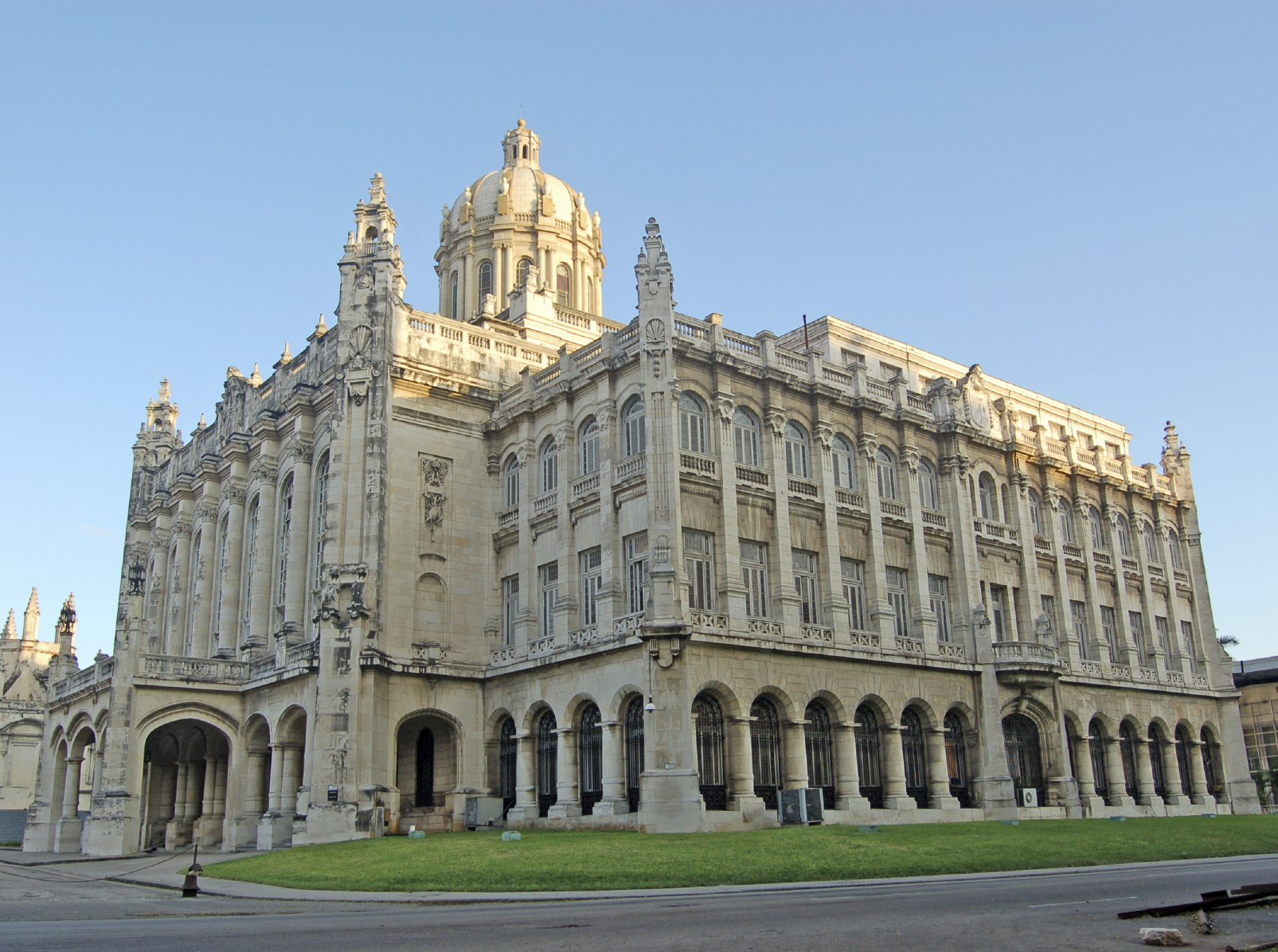By Fernando Beltrán
(Opinion) For some time now, the European Union has been treating member states of its select club as enemies of “European values” -who knows what they mean by that- nations to be punished for not following the progressive slogans dictated by Brussels.
I am referring, of course, to Hungary and Poland. They have gone so far as to qualify the former as an autocracy, withdrawing their democratic card.
Read also: Check out our coverage on curated alternative narratives
Both countries are governed by patriotic, sovereigntist political formations that are wary of globalism.
That is their sin.
It is scandalous that they treat their partners as second-rate countries to be denigrated, sanctioned, and sidelined.
This is even though Poland and Hungary, and now also Italy, are democratic nations where rights and freedoms are respected and lived.
On the other hand, the EU shows extraordinary patience, coddling, and understanding for repulsive Latin American dictatorships that subjugate their citizens in miserable conditions where the most basic human rights are conspicuous by their absence.

Let us take three examples: Cuba, Nicaragua, and Venezuela.
WHEN HUMAN RIGHTS CAN BE PUT ASIDE: CUBA’S CASE
The European Union’s relations with Castro’s Cuba were frozen for almost two decades in what was called the Common Position.
However, following in the wake of U.S. policy in the second era of the Obama Administration, which bet on a radical change by getting closer to Raúl Castro’s Cuba, the EU decided to bet on engaging in friendly relations with the communist regime.
On December 12, 2016, the EU and Cuba signed the Political Dialogue and Cooperation Agreement (PDCA) that rescinded the aforementioned Common Position.
As explained by Antonio F. Romero, professor at the University of Havana, the signing of the ADPC “was the demonstration that member states buried their differences in favor of a consensus for constructive engagement.”
Since the signing of the agreement, there has been political dialogue and cooperation which, according to authorities on both sides, had been strengthened based on mutual respect and trust, Romero continues.
Since then, the EU has strengthened the relationship further, materializing in joint councils held between the two entities.
The III Cuba-EU Joint Council took place in 2021, with the participation of Josep Borrell, EU High Representative for Foreign Affairs and Security Policy, and Cuban Foreign Minister Bruno Rodríguez.
In his speech, Borrell highlighted the good state of relations and confirmed the EU’s support for the Cuban resolution against the economic sanctions imposed by the U.S.
He also insisted on the EU’s rejection of Cuba’s inclusion in the list of state sponsors of terrorism drawn up by the U.S.

Despite the regime’s repression of the peaceful demonstrations of July 11, 2021, which resulted in hundreds of arrests and several deaths at the hands of the Castro dictatorship, the EU continued with the agreement, making simple complaints and vague condemnations of the violence.
In September 2021, the new EU ambassador to Havana, Isabel Brilhante Pedrosa, presented her credentials to the island’s dictator. That same month, an important EU cooperation project was inaugurated in the country.
This high-profile position of the EU towards the Cuban tyranny provoked some MEPs to protest, claiming that relations should be broken off.
They recalled that in the Political Dialogue and Cooperation Agreement between the two countries, there is a clause of suspension of the agreement for the repeated and systematic violation of human rights and freedoms.
THE EU IS NOW LEARNING ABOUT ORTEGA’S DICTATORSHIP IN NICARAGUA
Daniel Ortega has been tyrannizing the people of Nicaragua for 20 years; in two batches: from 1985 to 1990 and from 2007 until now.
However, it was not until 2018 that the EU began to strain relations with the Central American country.
Four hundred dead, thousands wounded, and hundreds arbitrarily detained that year made the EU change its attitude and realize the nature of the regime it was dealing with.
Before that, Brussels had bet in favor of Nicaragua, “working for the consolidation of a sustainable development model based on peace, democracy, the consolidation of the rule of law and the deepening of regional integration at the political level,” we read on the website of the Delegation of the European Union in Nicaragua.
It can be seen that this gamble has been somewhat unsuccessful.

Ortega, unleashed in recent months, ordered the expulsion of the EU ambassador in the country, Bettina Muscheidt, at the end of September. Don’t think that the reaction from Brussels was entirely forceful.
Josep Borell merely “regretted” the expulsion and warned the Ortega government that the EU was contemplating a “firm and proportionate” response.
Oh, how little their pulse trembles, for example, to ‘punish’ Hungary or Poland.
THE EU AND ITS PRAISE FOR CHAVEZ’S VENEZUELA
With Venezuela, something similar to what we have told about Nicaragua happened: it has not been until recent years that the EU had somewhat strained relations with the dictatorship.
Since 2017, with Nicolás Maduro as chieftain of the suffering Venezuelan people, Brussels has begun sanctioning the Bolivarian government.
The tensest relations were experienced in February 2021, when Maduro decided to expel the EU ambassador to Venezuela, Isabel Brilhante Pedrosa, who is now in Cuba. However, now the waters are calmer.
In September 2021, diplomat Rafael Dochao Moreno was appointed the new Chargé d’Affaires of the EU in Venezuela.
In February 2022, the EU, the government of Nicolás Maduro, and the Food and Agriculture Organization (FAO) signed two agreements to promote food security and family farming in Venezuela’s 19 states.
In July 2022, the Foreign Minister of the Spanish-American country, Carlos Faría, informed that Venezuela and the European Union seek to strengthen their diplomatic relations and cooperation in energy, environment, and health, among others.
The Foreign Minister held a meeting in Caracas with the Director General for the Americas of the European External Action Service, Brian Glynn, with the “purpose of enhancing relations between Venezuela and the European Union based on the diplomacy of peace and mutual respect,” reported Swiss Info.

Last September, Faría met with Josep Borrell, with whom he agreed to “continue strengthening relations between Caracas and Brussels within the framework of respect and peace diplomacy,” commented the Bolivarian minister.
Despite recent timid sanctions and diplomatic fuss, the EU has not treated Venezuela as a dictatorship. When Hugo Chavez died in 2013, after 14 years in power, it mourned the news and highlighted Venezuela’s “development.”
“The European Union has received the news with regret (…) Venezuela has stood out for its social development and for contributing to the regional integration of South America,” said the president of the European Council at the time, Herman Van Rompuy, and the president of the European Commission at the time, José Manuel Barroso.
When Chavez won the elections for the second time in 2006, the EU showed its “satisfaction” because the elections “took place in a peaceful and transparent environment, which provides a good basis for the future development of democratic institutions and political dialogue in Venezuela”.
Brussels also congratulated the Bolivarian leader on his re-election in 2012.
CONTEMPT FOR THE SOVEREIGNTISTS
Here we see another inexcusable comparative grievance.
The bureaucrats in Brussels, whose mouths are full of talk of democracy and democratic values, show their joy for elections held in that way and do not hesitate to congratulate the dubious winner, remain mute before the elections of a member country, Italy.
We are still waiting for the European Union and its president, Ursula von der Leyen, to congratulate Giorgia Meloni after her uncontested victory in the Italian general elections.
The harshness and contempt from Brussels towards countries like Hungary and Poland -and, since September 25, the disregard for Italy-, completely decent nations with well-established democratic institutions, contrast with the understanding, friendliness, and patience they insist on showing towards tyrants of the worst kind who do not hesitate to step on their citizens’ toes and curtail freedoms and rights.
And all because the former do not buy the globalist ideological agenda dictated by the EU. As we have said, that is their sin.
With information from Gaceta
Join us on Telegram: t.me/theriotimes

